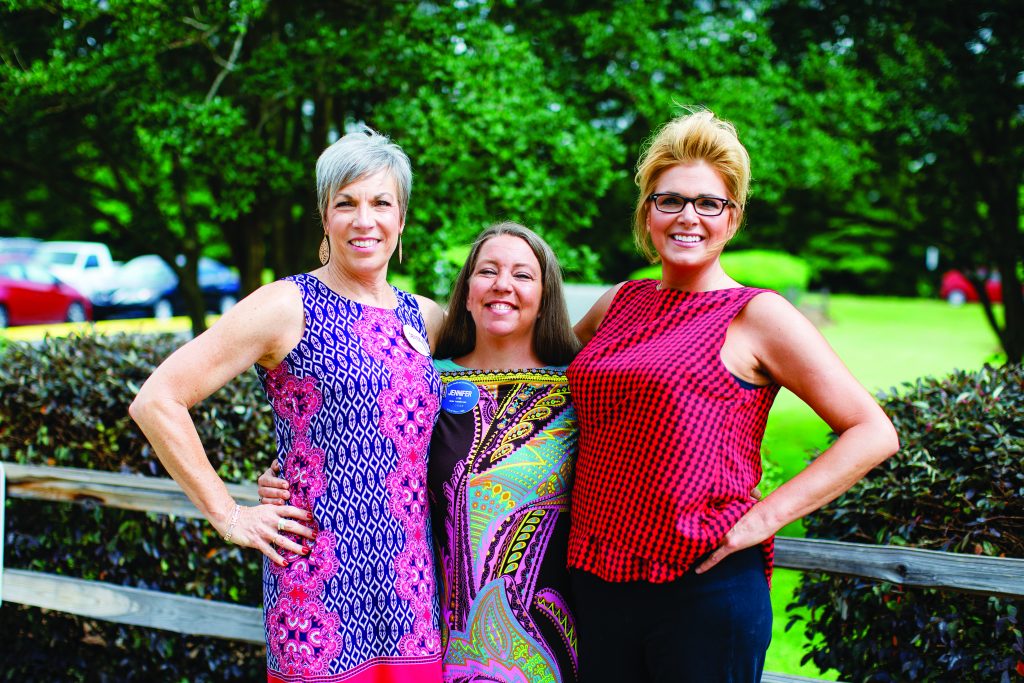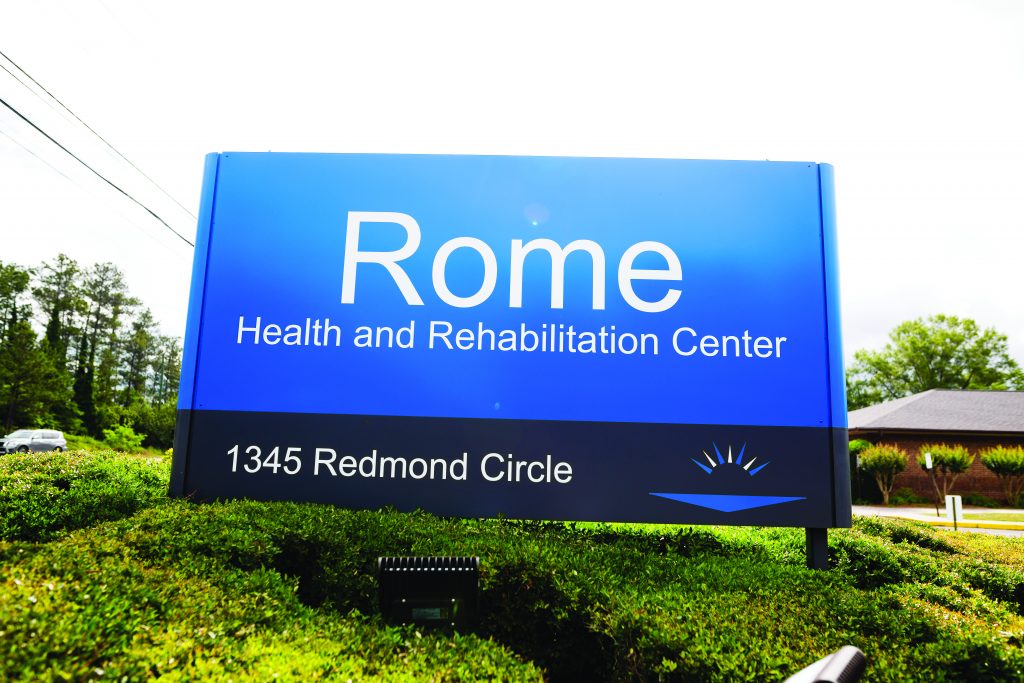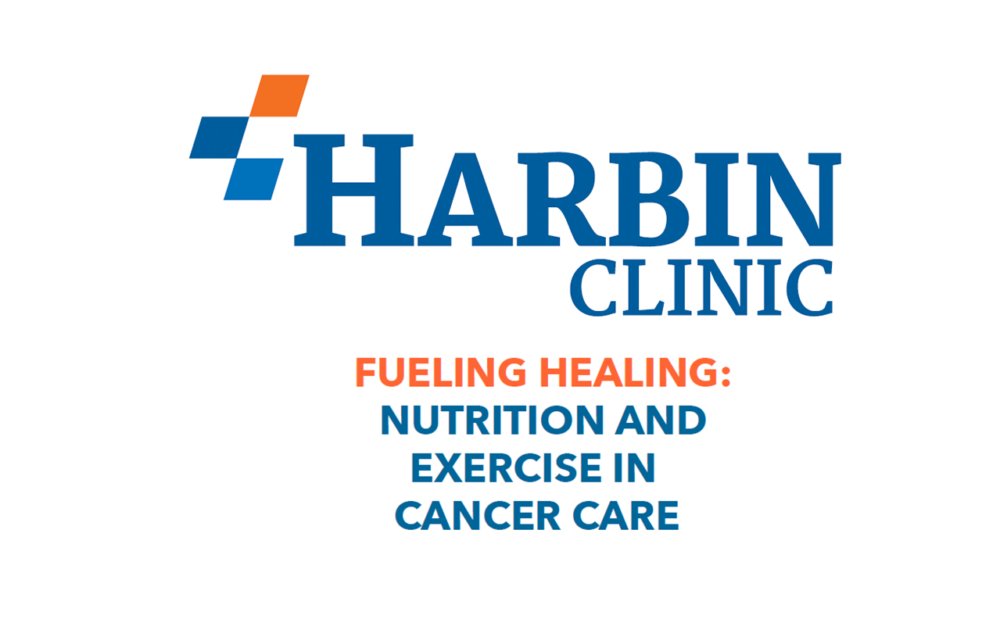
As we age, our list of health maintenance procedures grows longer and longer. At Rome Health and Rehab, we know the importance of following recommended healthcare guidelines and keeping up to- date with our routine health checks. We do our best to maintain the health and well-being of all of our residents, whether they’re here for rehabilitation or for a long-term stay.
So, what are the important steps to maintaining your health as you age?
Immunizations
Flu season is upon us, and this year it is more important than ever to make sure that your immune system is prepared to defend against viral infections. All adults over 50 years old should receive an annual flu vaccine, especially if you have underlying conditions such as diabetes or heart, lung, kidney, or immune disease that put you at a higher risk of infection. Anyone over 60 or in a high-risk category should also receive other vaccines, such as those that protect against pneumonia and shingles. You should also make sure that your tetanus vaccines are updated every 10 years.

Screenings for Common Diseases
Certain screenings for common conditions are also an important part of maintaining your health as you age. Routine screenings are available and recommended for the following conditions:
• Diabetes – starting at the age of 45, you should have a diabetes screening every three years.
• Cardiac Issues – cholesterol screenings should start as early as age 20, possibly earlier if you are at a higher risk for cardiac issues, and occur at least every five years. Everyone should have annual blood pressure screenings, regardless of age.
• Osteoporosis – women should receive bone-density testing at the age of 65, or earlier if you have additional risk factors. Follow-up screenings are based on initial test results.
• Breast Cancer – women should begin annual breast cancer screenings at age 40. These include mammograms and breast exams.
• Prostate Cancer – men should begin receiving annual screenings for prostate cancer at age 50.
• Colorectal Cancer – the American Cancer Society now recommends that you have your first colonoscopy at the age of 45 and continue screening every 10 years.
• Talk to your doctor about these screenings and others that might be recommended based on your health history.
Vision and Hearing
Regular vision and hearing screenings become more important as we age because visual and hearing impairment are common in older people. Cataracts, glaucoma and macular degeneration are common visual impairments in people over 65 and can lead to partial or total vision loss. Regular screenings and prevention are suggested to decrease the risk of visual impairment. Hearing tests are also important, as our risk of hearing loss increases as we age.
Mental Health
Mental health is just as important as physical health – in fact, they generally impact each other. Therefore, we should be as vigilant about maintaining our mental health as we are about our physical health. Maintaining social interaction is important to combat loneliness and depression as we age. It is also helpful to find enjoyable activities and keep your mind active through puzzles and games, books or newspapers, or learning new skills. If you are concerned about your mental health, talk to a trusted caregiver or a health professional.
Nutrition and Exercise
Aside from regular immunizations and screenings, maintaining a healthy diet and regular exercise are great ways to prevent health problems as we age. Exercise can reduce the risk of obesity, osteoporosis, mental health disorders and more. You can also decrease your risk of many health problems with a nutrient-rich diet that limits fats and includes a lot of fruits and vegetables.
Talk to your caregivers and doctors if you have health concerns, and be sure to stay up-to-date on your screenings. Being aware of our health risks and prevention options is important in order to maintain a high quality of life as we age.












